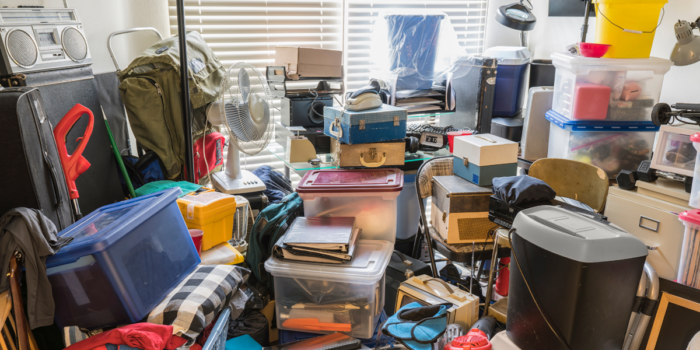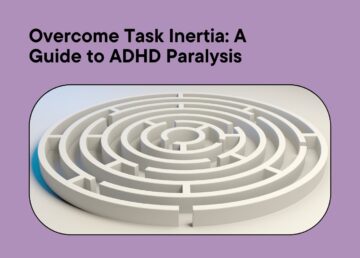
As creatures, we really enjoy order and organizing, but we still live in cluttered spaces.
Therefore, getting rid of clutter helps you lose the hoarder’s mentality and create a less distractive and more inspiring environment.
It might seem like decluttering your home is a never-ending task, and it’s partially true – items in your home tend to accumulate. This is especially relevant for impulsive buyers or those who are emotionally attached to the things they own.
But knowing how to declutter your home without ruining your aesthetic will help you stay more focused and in control.
1. Start Small
Some people aim to do everything at once, but that can be too much, and you might lose motivation. Rome wasn’t built in a day, either.
While thinking big is great, try to develop a system of how to declutter. This way, it’ll be easier to approach tasks.
To make your start more easily, get a few baskets or storage containers for sorting the items for the following purposes:
- Put away. Put stuff that has crept out of its designated space into this container, and put it away later on.
- Needs fixing first. This basket is for items you want to keep but those that need repairing or mending. For example, a shirt missing a button or an electronic device needing a new battery.
- Throw away. Recyclables and other trash should be put in this container to prepare them for disposal.
- Donations. Any item that’s still good but is unwanted should be put into the donations basket. Give back to your community, family, or friends!
After you get the baskets, decide where you want to start to declutter your home. It doesn’t matter whether you begin in the bathroom, the kitchen, or the bedroom, but come up with a list of where you want to start and finish.
2. Does It Spark Joy?
Decluttering queen Marie Kondo has said that before keeping an item in your home, you should ask yourself, “Does it spark joy?”
This popular phrase now serves as a bright north star for many people that want to reduce clutter in their homes.
However, we sometimes also have to keep things that don’t necessarily make us feel good.
For example, plates, cleaning supplies, or coat hangers are not the most joy-inducing items, but they’re necessary for making your home comfortable and clean.
Of course, you can be creative with household items too, but don’t take the phrase “does it spark joy” too literally – if it makes your home life easier, better, or smoother, it’s worth keeping.
3. Allow Yourself to Buy Again
Sometimes, we hold on to things because they might be useful in the future. Do you have any clothing you keep for when you’ll lose or gain weight?
Don’t be afraid to let go of items that have no use for you in the present moment. Instead, purchase comfortable clothing that fits your body now.
The same rule applies to household items. Bedding, vases, curtains, kitchen towels, mugs, and others – keep the ones that fit your lifestyle, and let go of things that don’t serve you right anymore.
Your home is not a storage unit!
4. Keep the Best and Favorites
While having multiples of some items is necessary, these can also be cut down to reduce clutter in your home.
If you have a vast collection of bathroom towels, only leave those you use the most. If the item is sitting on the shelf without ever being used, it’s time to say goodbye.
Whenever you approach stacks of multiples, ask yourself which ones are your favorites you always grab first and which fulfill their purpose the best. These are worth keeping.
5. Pretend You’re Moving
When trying to discover how to declutter your home, one of the best tricks is to pretend you’re moving.
When moving places, we’re always keen on making it as easy as possible. Would you go through all the hassle of packing, transporting, and unpacking certain items if you were to move houses?
If the answer is no, then you already know what to do – time to let them go.
This trick works exceptionally well with paper stacks, such as documents, clothing, and furniture.
What Difference Does It Make?
Our brains like order. Therefore, constantly seeing the clutter around your house gives you a visual reminder of disorganization, which reduces your ability to concentrate.
Ridding your home of the overwhelming amount of stuff lying around without a purpose can be the start of the simplification of your life. A clean, breathable environment will make your head less cloudy and reduce cognitive overload.
Don’t forget to make decluttering a habit – no need to do it every day, but setting aside 15–20 minutes at least once a month should do the trick.





